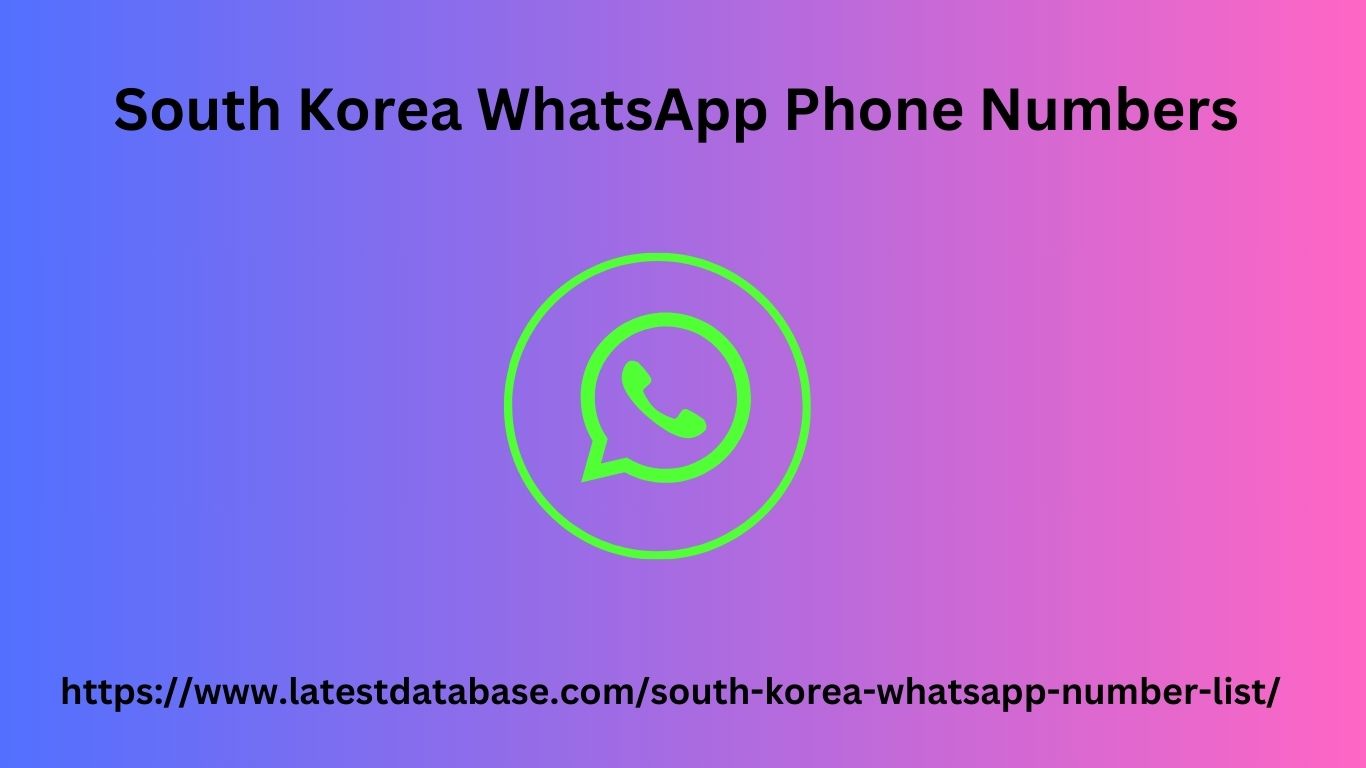|
|
your landing page for search engines In general, one of the main ways for potential customers to find your website is through organic search. But remember, landing pages are for visitors who are ready to convert . You can tell when visitors are close to converting when they search for very specific phrases. If they're not ready to convert, the phrases they're looking for will be more general and shouldn't lead them to your landing page. Here is an example. If a user searches for “Uber,” the first thing they see takes you to Uber’s homepage.
where they can learn more about the South Korea WhatsApp Phone Numbers ride-sharing company. Google search for Uber But when users are close to converting, the searches they perform are more specific. This is what it looks like if the user searches for “uber registration”. Google search for “uber registration” One of the first results is Uber's landing page where visitors can sign up to become drivers. Uber landing page to register as a driver. So, to optimize your landing page, you need to be selective about the keywords you target with it.

Your landing page has a specific function: to increase conversions. So you should only target specific keywords. As a general rule, the more specific a keyword is, the more likely the person searching for it is to convert. Indeed, this person has a very clear idea of what they are looking for. Here's another example. Mailchimp and Klaviyo are two companies that both offer a marketing automation platform. They compete for similar customers. Klaviyo could try to capture some of Mailchimp's users by creating a landing page highlighting.
|
|